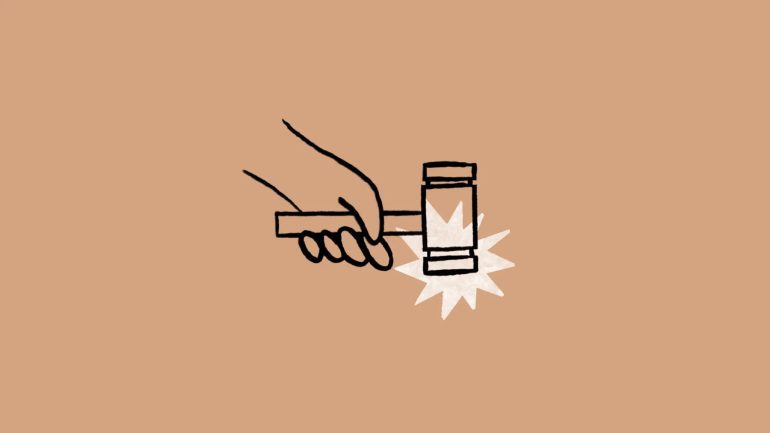- Three authors are suing AI startup Anthropic for allegedly using their copyrighted works without permission.
- The lawsuit claims Anthropic accessed pirated books to train its Claude AI models, violating copyright laws.
- The dataset in question, ‘The Pile,’ allegedly included 200,000 pirated ebooks, harming the authors’ earnings.
- Anthropic’s AI models are positioned as competitors to OpenAI’s ChatGPT and have drawn scrutiny over data practices.
- The case raises questions about whether AI training constitutes copyright infringement or fair use.
- A ruling in favor of the authors could significantly change how AI companies handle training data, increasing costs and complexity.
Main AI News:
Three authors have filed a lawsuit against AI startup Anthropic, accusing the company of using their copyrighted works without permission to train its Claude language models. Andrea Bartz, Charles Graeber, and Kirk Wallace Johnson allege that Anthropic accessed pirated versions of their books to develop AI systems, violating copyright laws and engaging in large-scale theft.
The lawsuit claims Anthropic built its multibillion-dollar business by exploiting copyrighted materials, sidestepping the need for proper licenses. Despite these allegations, Anthropic has only acknowledged the lawsuit without offering a substantive response. This legal action adds to AI companies’ growing challenges over using copyrighted content in training data.
The lawsuit centers on Anthropic’s use of a dataset called ‘The Pile,’ which reportedly included nearly 200,000 pirated ebooks known as ‘Books3.’ The authors argue that Anthropic’s reliance on unauthorized materials has harmed their earnings and that the company’s AI models now compete with human-written content, threatening their livelihoods.
Anthropic’s Claude models, positioned as rivals to AI chatbots like OpenAI’s ChatGPT, have drawn significant attention. The company, valued at over $18 billion, faces increasing scrutiny over its data practices. Critics argue that AI firms should compensate content creators, while AI developers often claim that using copyrighted material for training falls under ‘fair use’ provisions.
This lawsuit raises crucial questions about the legal and ethical implications of using copyrighted content in AI development. Courts will need to determine whether AI training constitutes copyright infringement or transformative fair use, a decision that could reshape the AI industry.
For authors, this legal action is about regaining control over how their works are used in AI technology. A ruling in their favor could require companies like Anthropic to obtain licenses for all copyrighted material used in training, potentially increasing costs and complexity.
Despite its focus on developing “safe and ethical” AI systems, Anthropic faces a significant challenge to its image with this lawsuit. The authors seek statutory damages for willful copyright infringement and an injunction to prevent further unauthorized use of their works.
The debate over intellectual property rights will likely intensify as AI technology advances. The outcome of this case could set a precedent for how AI companies approach training data and could have far-reaching effects on both the AI industry and content creators.
Conclusion:
The legal challenges faced by Anthropic highlight the growing tensions between AI development and intellectual property rights. If courts rule in favor of the authors, it could set a precedent that forces AI companies to obtain licenses for copyrighted material used in training their models. This nuance would increase the operational costs for AI firms and complicate the data acquisition process, potentially slowing down innovation in the industry. The case underscores the need for clearer regulations around AI development and intellectual property, which could significantly impact market dynamics and the future of AI technology.

